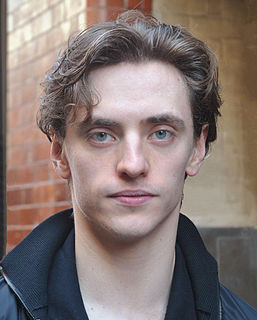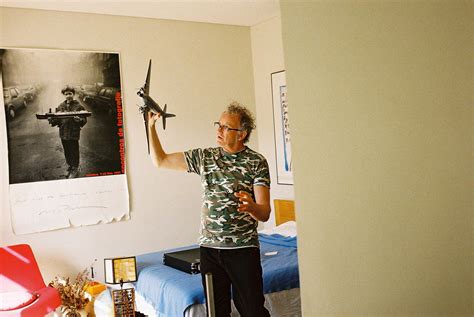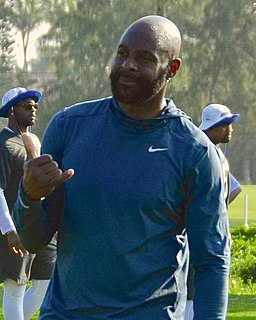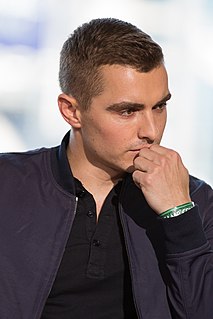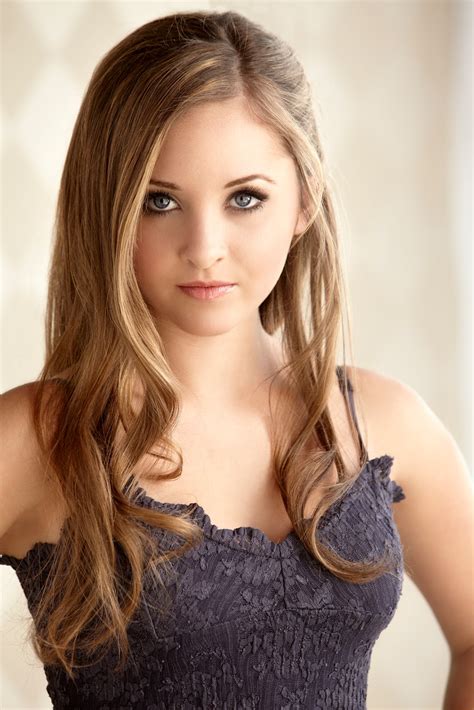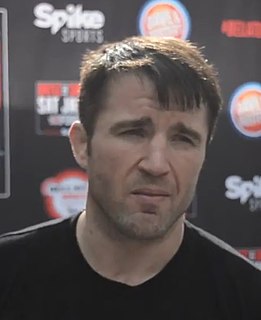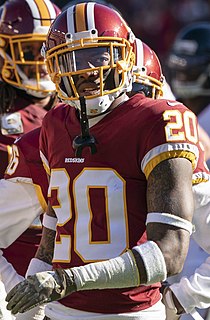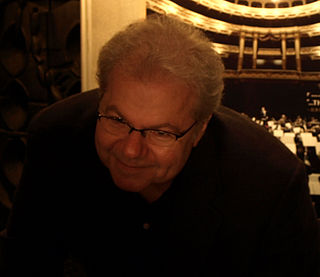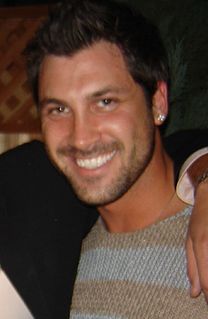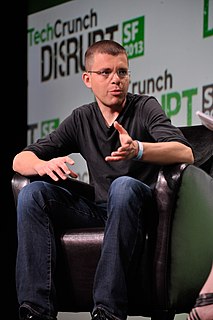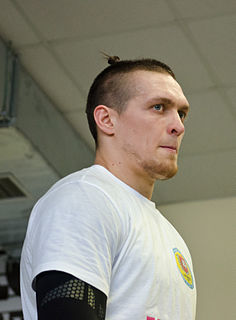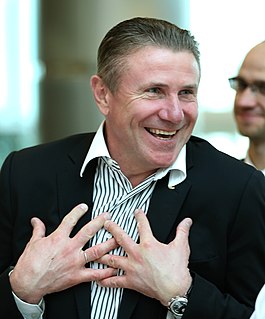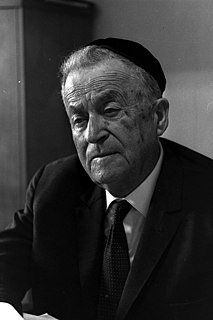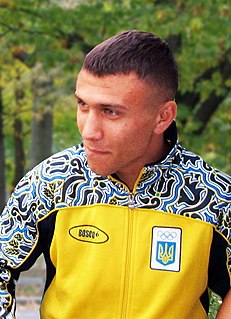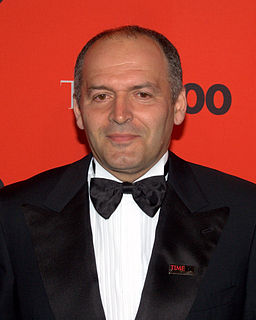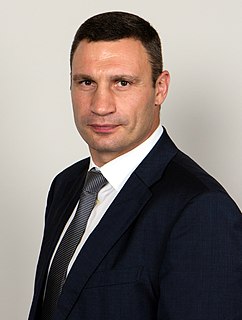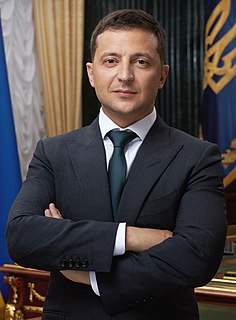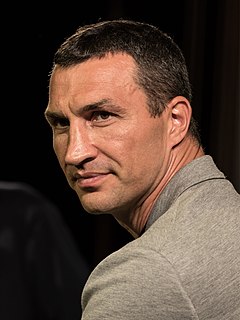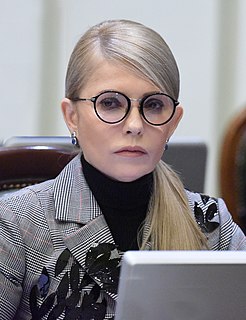A Quote by Sergei Polunin
Fashion was very important to me because I could practice my acting skills, I could practice working with the camera, I could work with amazing photographers. It just gave me a different field of work.
Related Quotes
[My photography teacher] gave me the Mexican Day Books of Edward Weston and just blew me away with this work. The fact that you could be this fabulous visual artist, with all this milieu of people like Diego Rivera and you could sleep with these gorgeous, amazing women, that you could live that life - that photography could deliver you that life.
I think just what my parents instilled in me was hard work and being able to always go out there and focus and be 100%. I took that work ethic into the NFL and everyday I always gave 100% and never wanted anything to be handed to me. I wanted to earn it. And every time I stepped on that football field during practice I wanted to leave that football field with learning something about what the practice was about for me that day...
As much as I love acting and I hope to be doing it for a long time, it almost feels more natural for me to be a producer. I came into all of this because I'm a fan of movies and I wanted to find any way I could to be a part of it all. I happened to take the acting route but it could have been a million different ways in. Now that I'm producing it's just really fun for me to work with people that I really admire and put people together who I think will work well together. Just having a little more control.
My hands are heavy and most importantly they are very fast. I have been called the fastest white man alive. I don't work submissions and not because I am trying to prove something I'm just frankly not very good at 'em. I am very good at getting away. I've never fought anybody whether it was in practice or competition who could hold me down. Even if I thought I could get a submission I'm not laying underneath a grown man with my legs spread on worldwide T.V. Some guys subscribe to that theory but I am a Republican and we don't do that
I've always liked the idea of inventing stuff. My father told me, because I was naïve, I would think things could work and therefore do them, because I would have no doubt even though there was no solid foundation for this confidence. I don't think I would be a real inventor. But when I set out to do animation, which was my first step into film-making, I realised I could achieve this idea. I could take some elements, create a sort of clumsy invention, and make them work for the camera.
When I was a kid, I remember I used to hide under the bed sometimes because I didn't want to go to practice. Even when I didn't want to go to practice, it could be pouring rain outside, and I'd be like, 'Yes, no practice today,' and my mom would be there, and we were still going, and we'd have practice under the pavilion.
I was an actor when I was a teenager and it could have been the direction that I headed in. But music and my relationship with music is quite deep, and it really is the nucleus of my creativity. So I gave up acting so I could pursue music fully, and I never thought about really going back. And then [director] Lee Daniels met me and wanted to work with me, and that's how it started.
We could learn to stop when the sun goes down and when the sun comes up. We could learn to listen to the wind; we could learn to notice that it's raining or snowing or hailing or calm. We could reconnect with the weather that is ourselves, and we could realize that it's sad. The sadder it is, and the vaster it is, the more our heart opens. We can stop thinking that good practice is when it's smooth and calm, and bad practice is when it's rough and dark. If we can hold it all in our hearts, then we can make a proper cup of tea.
